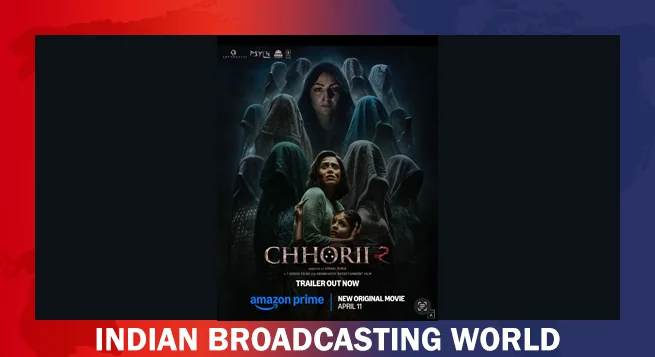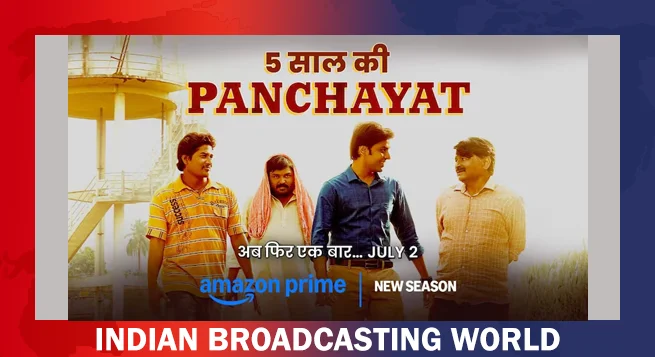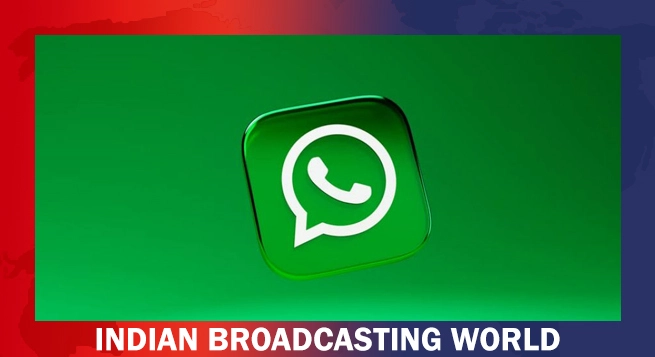WhatsApp has issued a stark ultimatum to the Delhi High Court, declaring that it will cease operations if compelled to compromise the encryption of messages on its platform.
Counsel Tejas Karia, representing WhatsApp, delivered the bold statement before a Division Bench comprising Acting Chief Justice Manmohan and Justice Manmeet Pritam Singh Arora. Karia emphasized that WhatsApp’s end-to-end encryption ensures that the contents of exchanges on the platform remain inaccessible to any party other than the sender and receiver, safeguarding user privacy, PTI reported.
Highlighting the fundamental importance of encryption to WhatsApp‘s users, Karia underscored that the platform’s popularity stems from the trust users place in its commitment to privacy and security.
The courtroom confrontation unfolded during a hearing on a petition filed by WhatsApp and its parent company, Meta (formerly Facebook Inc.), challenging India’s Information Technology (Intermediary Guidelines and Digital Media Ethics Code) Rules 2021. These rules mandate social media intermediaries, including messaging apps like WhatsApp, to enable the tracing of chats and identify the first originator of information upon court orders.
WhatsApp vehemently opposes these rules, asserting that they undermine encryption and jeopardize user privacy, violating constitutional rights guaranteed under Articles 14, 19, and 21.
In response, counsel Kirtiman Singh, representing the central government, argued for the necessity of tracing message originators, citing national security concerns. However, the High Court expressed the need to strike a balance between privacy rights and law enforcement requirements, acknowledging that privacy rights are not absolute.
The case has been adjourned until August 14, with the High Court tasked with reconciling competing interests in this high-stakes legal battle.
The Supreme Court’s recent decision to transfer similar pleas challenging the 2021 Rules to the Delhi High Court underscores the significance of this case, which has far-reaching implications for digital privacy and regulatory frameworks in India.
 Rahul Kanwal quits TVTN; rumoured to be joining NDTV group
Rahul Kanwal quits TVTN; rumoured to be joining NDTV group  Now, Netflix shows on TV have more language options
Now, Netflix shows on TV have more language options  WAVES ‘Create in India Challenge’ crosses 85k registrations
WAVES ‘Create in India Challenge’ crosses 85k registrations  DD FreeDish subs base 49mn homes; likely to reach 53mn: FICCI-EY report
DD FreeDish subs base 49mn homes; likely to reach 53mn: FICCI-EY report  Horror movie ‘Chhorii 2’ trailer released
Horror movie ‘Chhorii 2’ trailer released  Amazon looking to deliver 15 theatrical films by 2027
Amazon looking to deliver 15 theatrical films by 2027  Filamchi Bhojpuri marks 5 years with month-long celebration
Filamchi Bhojpuri marks 5 years with month-long celebration  MX Player: ‘Aashram’ new season India’s most-watched series
MX Player: ‘Aashram’ new season India’s most-watched series  Prime Video series ‘Panchayat’ returns for S4
Prime Video series ‘Panchayat’ returns for S4 








